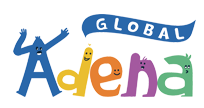
“Mine!”—Why Toddlers Refuse to Share, and What Montessori Really Says About It
“Mine!”
“Don’t touch it!”
“I had it first!”
If you live with a toddler, you’ve likely heard these phrases on repeat. Around age two, children often show strong possessiveness over toys and objects, leaving parents to wonder:
“Is my child too selfish?”
“Shouldn’t they learn to share by now?”
“Doesn’t Montessori encourage cooperation?”
Let’s take a closer look at what Montessori really says about this stage of development—and how we can support natural social growth at home, without forcing “sharing.”
It’s Normal: Possessiveness Is Developmental
In the Montessori philosophy, toddlers—especially around 18 months to 3 years—are entering a powerful stage of self-awareness. They're beginning to understand the concept of “me” and “mine,” and ownership becomes a way to build identity.
Dr. Maria Montessori observed that:
lPossession reflects cognitive and emotional growth
lToddlers don’t yet grasp abstract social ideas like “fairness” or “sharing”
lForcing sharing can actually undermine their sense of order and autonomy
So when a child says, “It’s mine,” what they may truly be expressing is:
“I chose this. I’m focusing. I’m not ready to give it up.”
⏳ Sharing Comes Later—Through Maturity, Not Force
Sharing isn’t a skill you can drill into a two-year-old. It’s a social-emotional behavior that requires several abilities to mature first:
lEmpathy: Recognizing others have feelings and desires
lImpulse control: Waiting without grabbing
lCommunication: Asking, negotiating, offering
Most of these begin to emerge closer to age 3 and beyond.
That’s why Montessori classrooms, and Montessori-inspired homes, focus on:
1. Letting children use materials for as long as they need
2. Encouraging others to wait patiently
3. Providing duplicate materials for parallel play
4. Offering real-life social activities, like cooking or cleaning together
What Can Parents Do at Home?
Here are a few Montessori-informed strategies to help your toddler navigate this stage:
✅ Acknowledge Feelings, Set Boundaries
“You really like that truck. It’s okay to want to keep it. When you’re done, we’ll let your friend know.”
Create a "Not for Sharing" basket where children can place items that are special or off-limits. This builds emotional security and healthy boundaries.
✅ Replace Commands with Invitations
❌ “Give it to your brother now!”
✅ “You’re still using it. When you’re ready, would you like to offer it to your brother?”
This language respects the child’s agency and encourages genuine generosity, not forced compliance.
✅ Use Role Play to Practice Turn-Taking
Role play is one of the most effective, pressure-free ways to model social interaction.
Adena’s Montessori role play tools—such as kitchen sets, cleaning kits, or toddler toolboxes—create natural opportunities for toddlers to:
uTake turns cooking
uPass cleaning tools
uSet up and share snack time
Children learn best through doing—not lecturing.
How Adena Supports Early Social Learning
At Adena, we design Montessori materials not only for academic development, but also for social-emotional growth, especially in the toddler years.
1. Role Play Tools for Real-Life Cooperation
Mini kitchen sets, realistic cleaning tools, sorting trays
Promote purposeful work and parallel play
Encourage shared responsibility and communication
2. Prepared Environments for Boundaries and Respect
Low, open shelving to help children return items independently
Defined work trays to help them understand “This is mine, that is yours”
Materials that invite quiet focus and self-regulation
Every product is thoughtfully created to help toddlers build inner order, self-confidence, and natural empathy.
Montessori Says: Sharing Can’t Be Forced—But It Will Come
The goal is not to make toddlers act generous before they’re ready.
It’s to create an environment where generosity and cooperation can grow authentically.Montessori reminds us: Respect leads to imitation. Imitation leads to empathy. And empathy leads to real connection.
Explore Montessori Role Play Tools for Toddlers
Looking for tools to support your child’s independence and social development?
Visit adenaglobal.com to browse our curated collection of Montessori materials for toddlers ages 1–3.
Designed for real-life learning, made for little hands.
Questions? Reach out at julia@adenamontessori.com
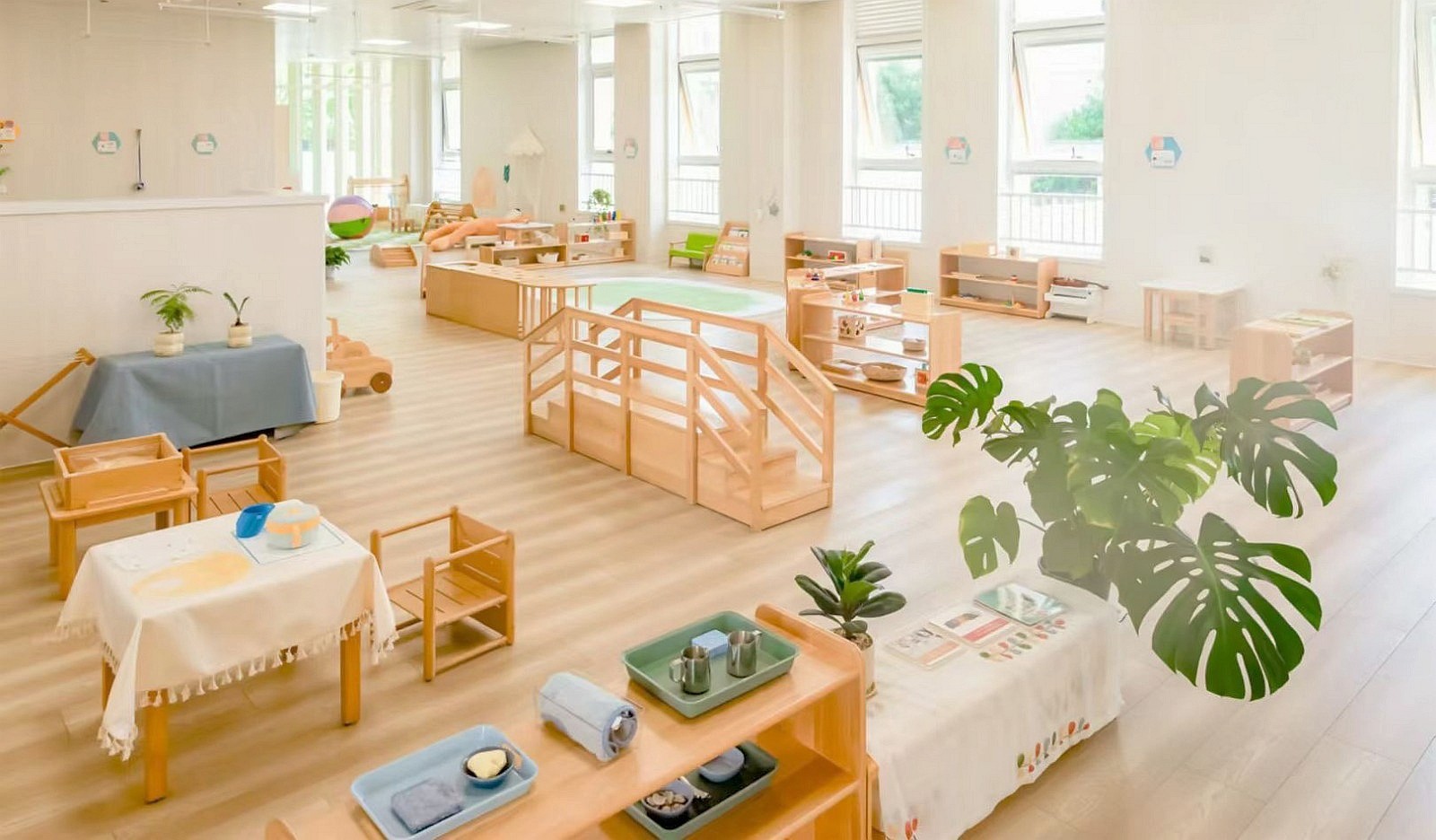 Back-to-School Checklist: Montessori Study Corner Setup | Adena Montessori
Back-to-School Checklist: Montessori Study Corner Setup | Adena Montessori
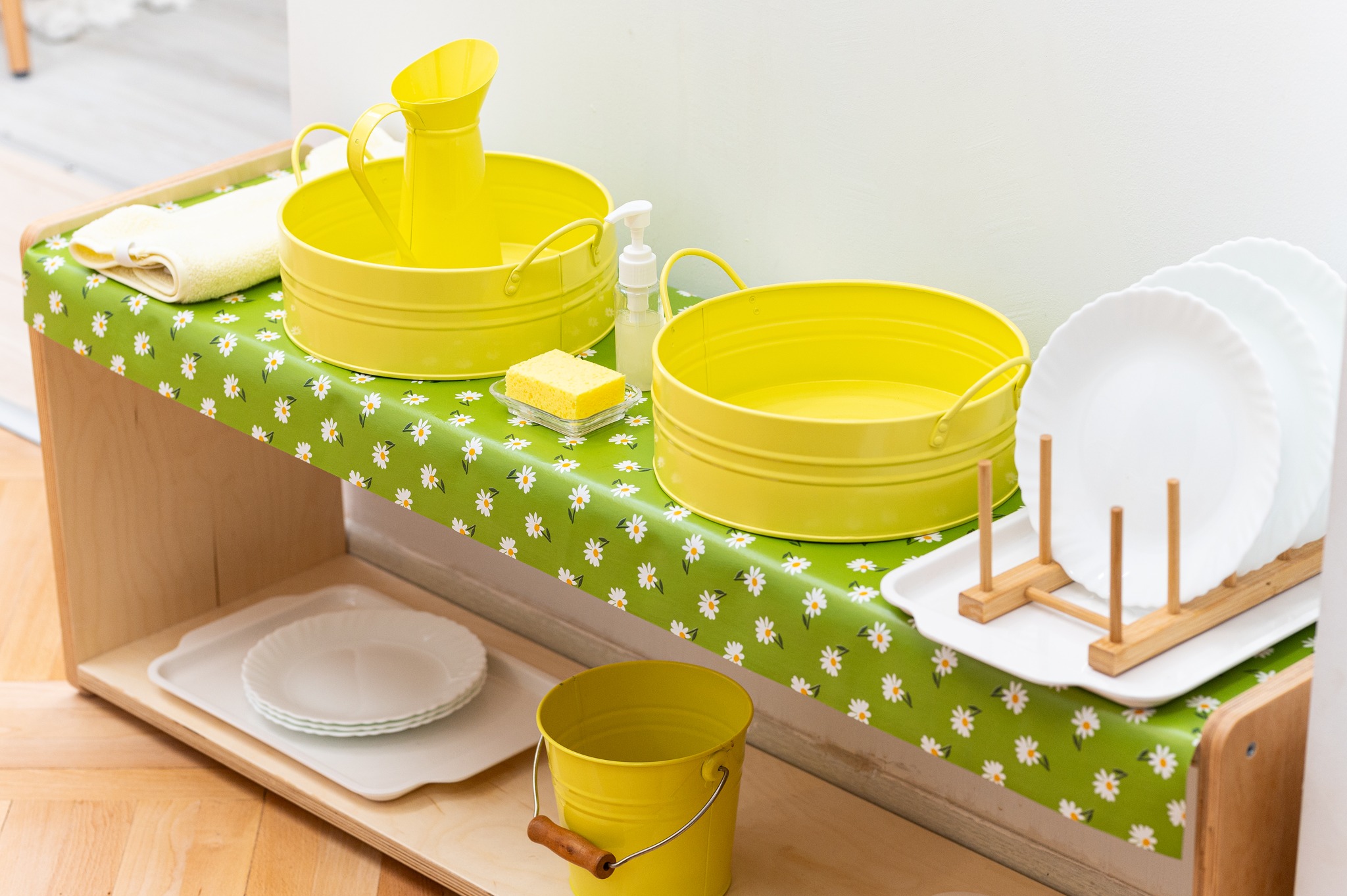 What Is Montessori Sensorial Education and How Does It Shape a Child’s Learning Ability?
What Is Montessori Sensorial Education and How Does It Shape a Child’s Learning Ability?
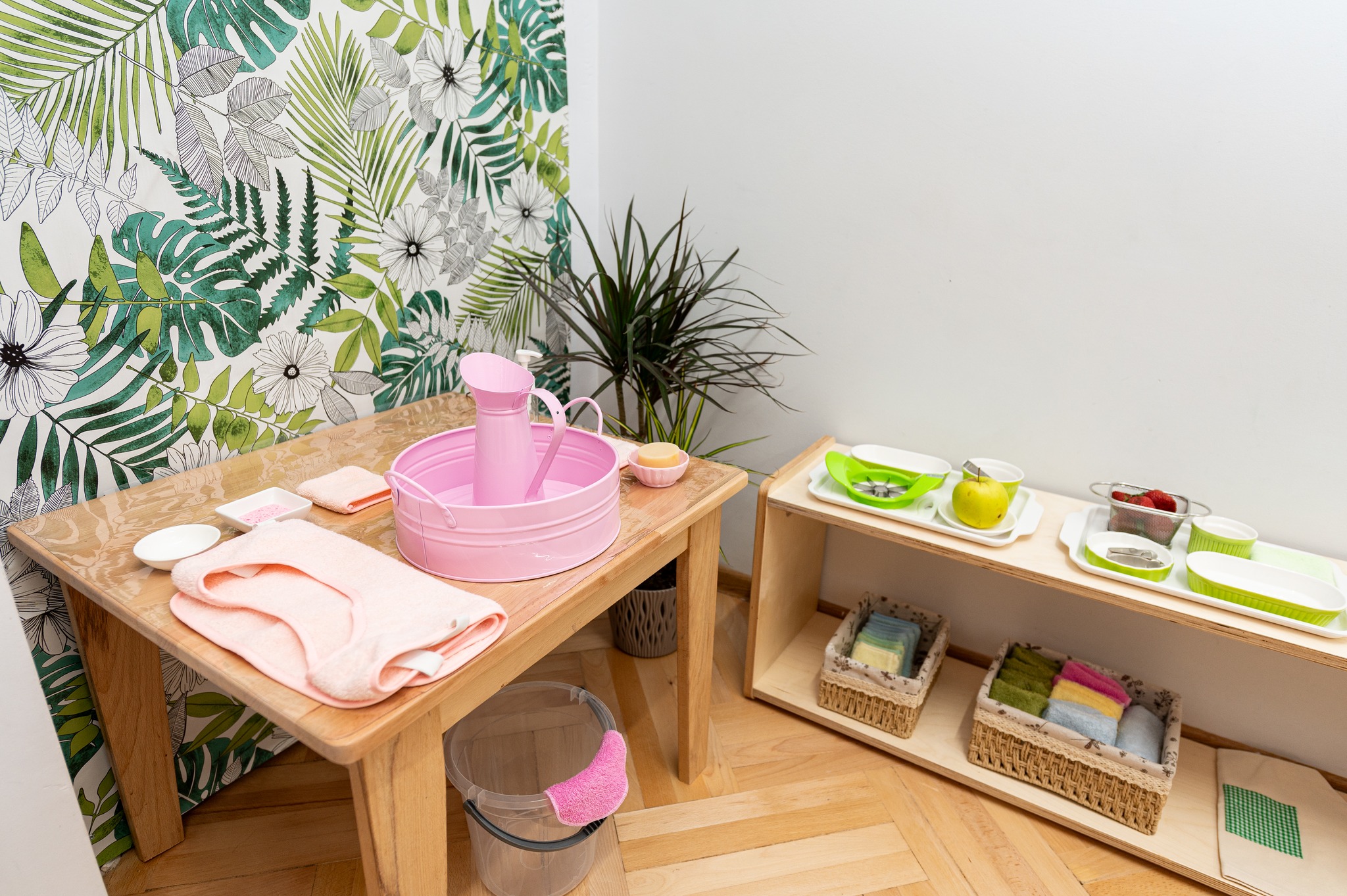 “Mine!”—Why Toddlers Refuse to Share, and What Montessori Really Says About It
“Mine!”—Why Toddlers Refuse to Share, and What Montessori Really Says About It
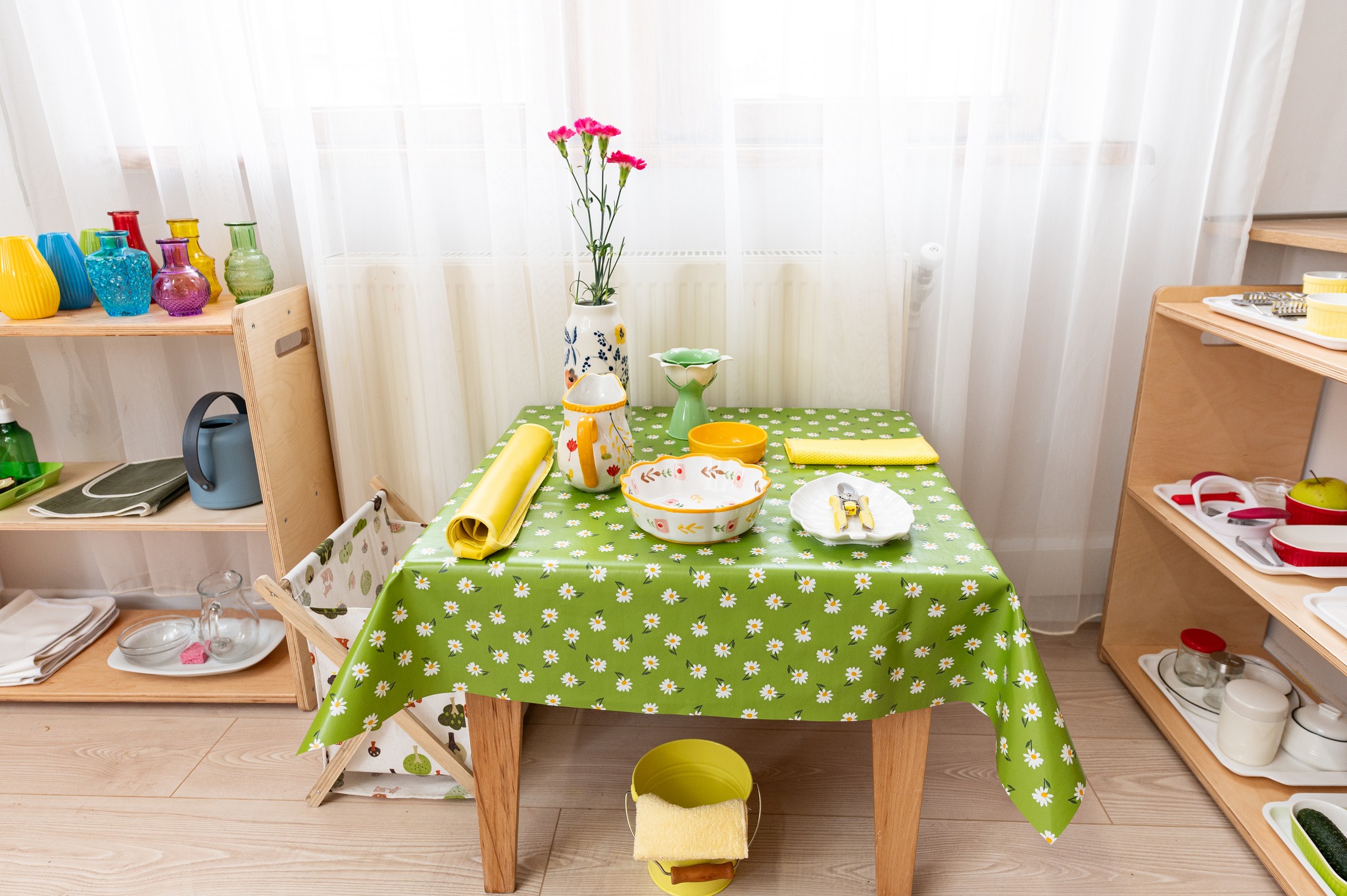 What’s the Difference Between Montessori and Traditional Early Education? Is It Right for My Child?
What’s the Difference Between Montessori and Traditional Early Education? Is It Right for My Child?
